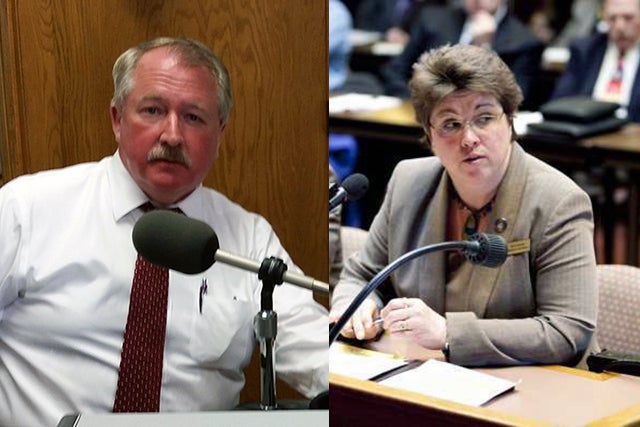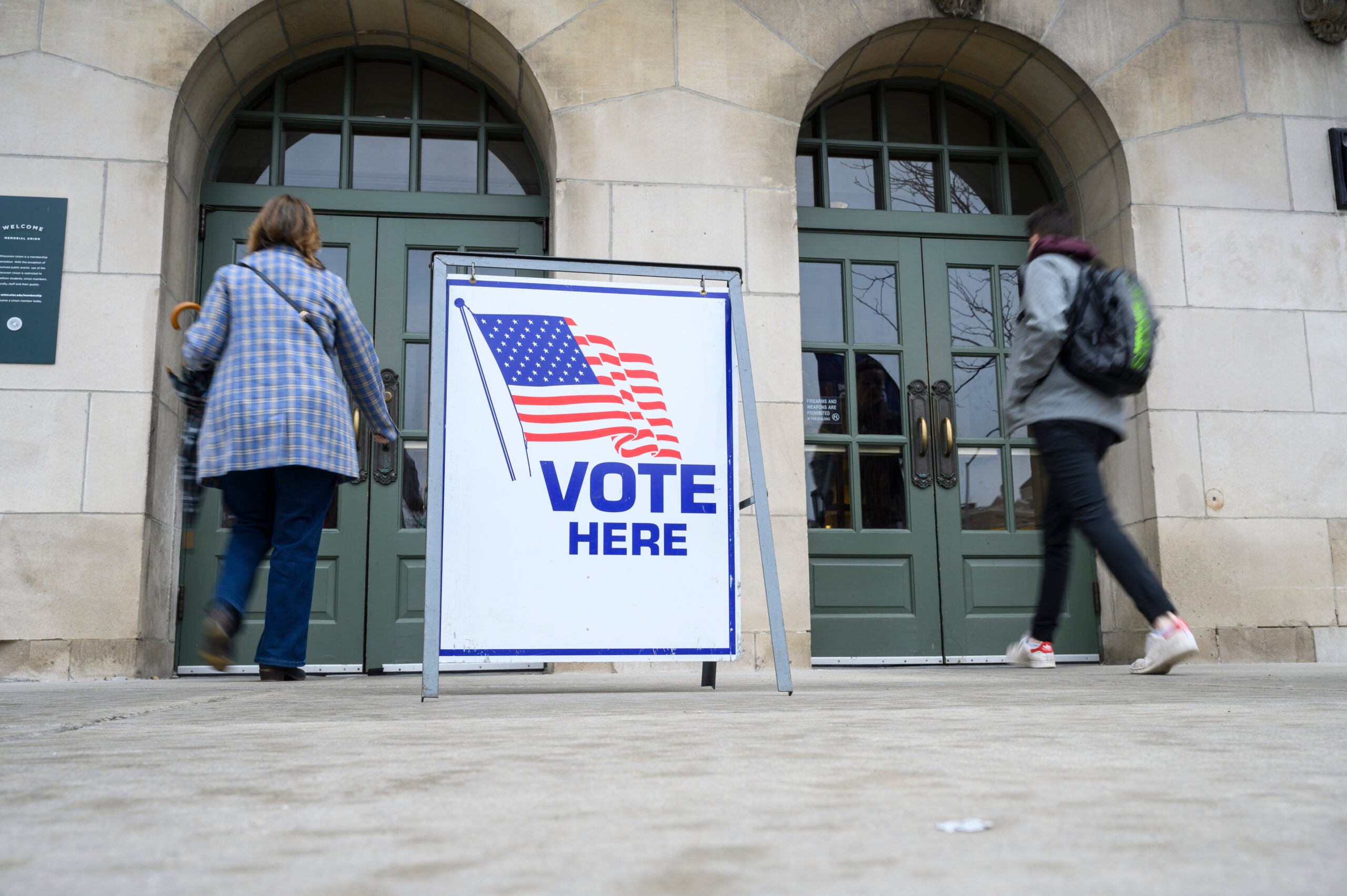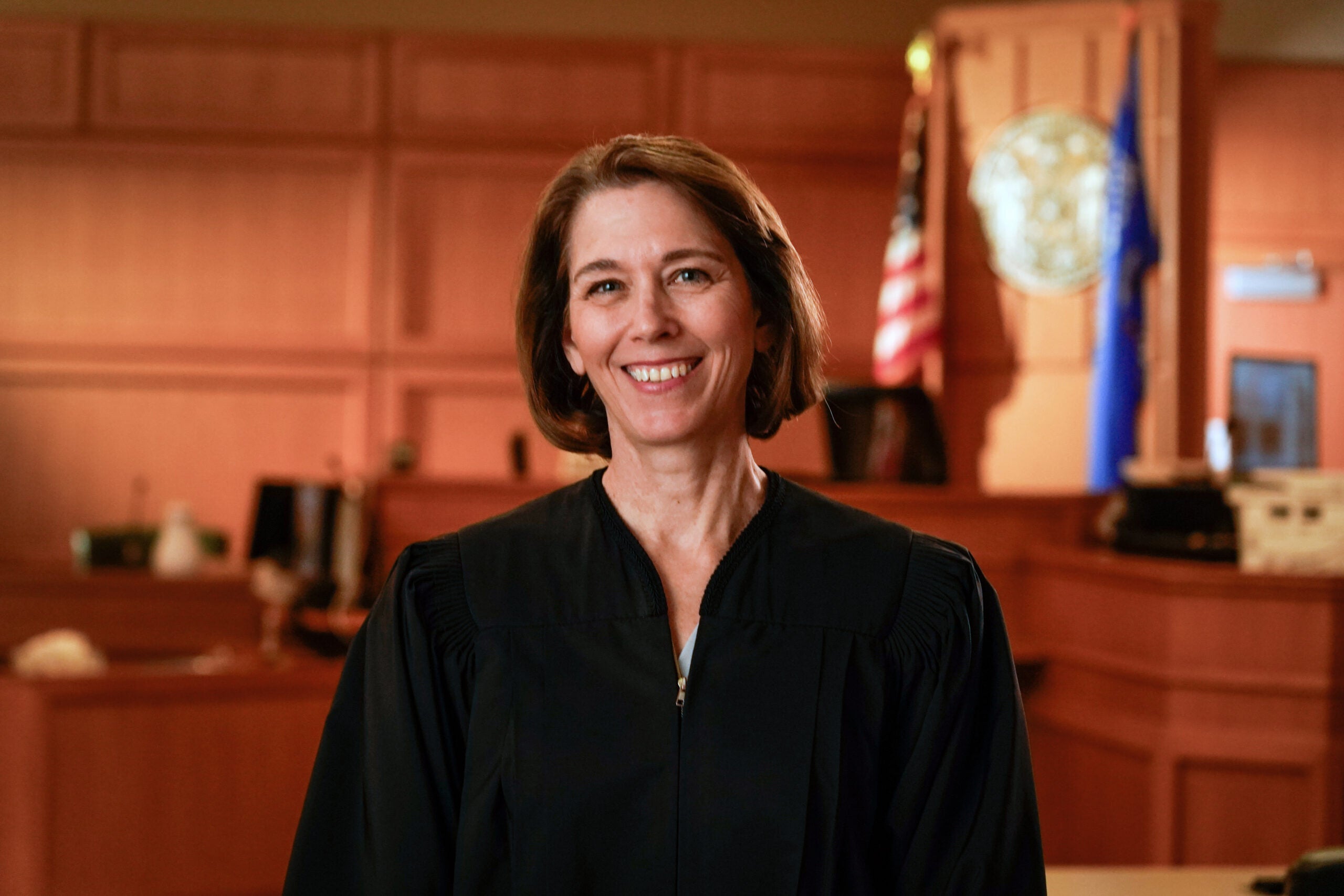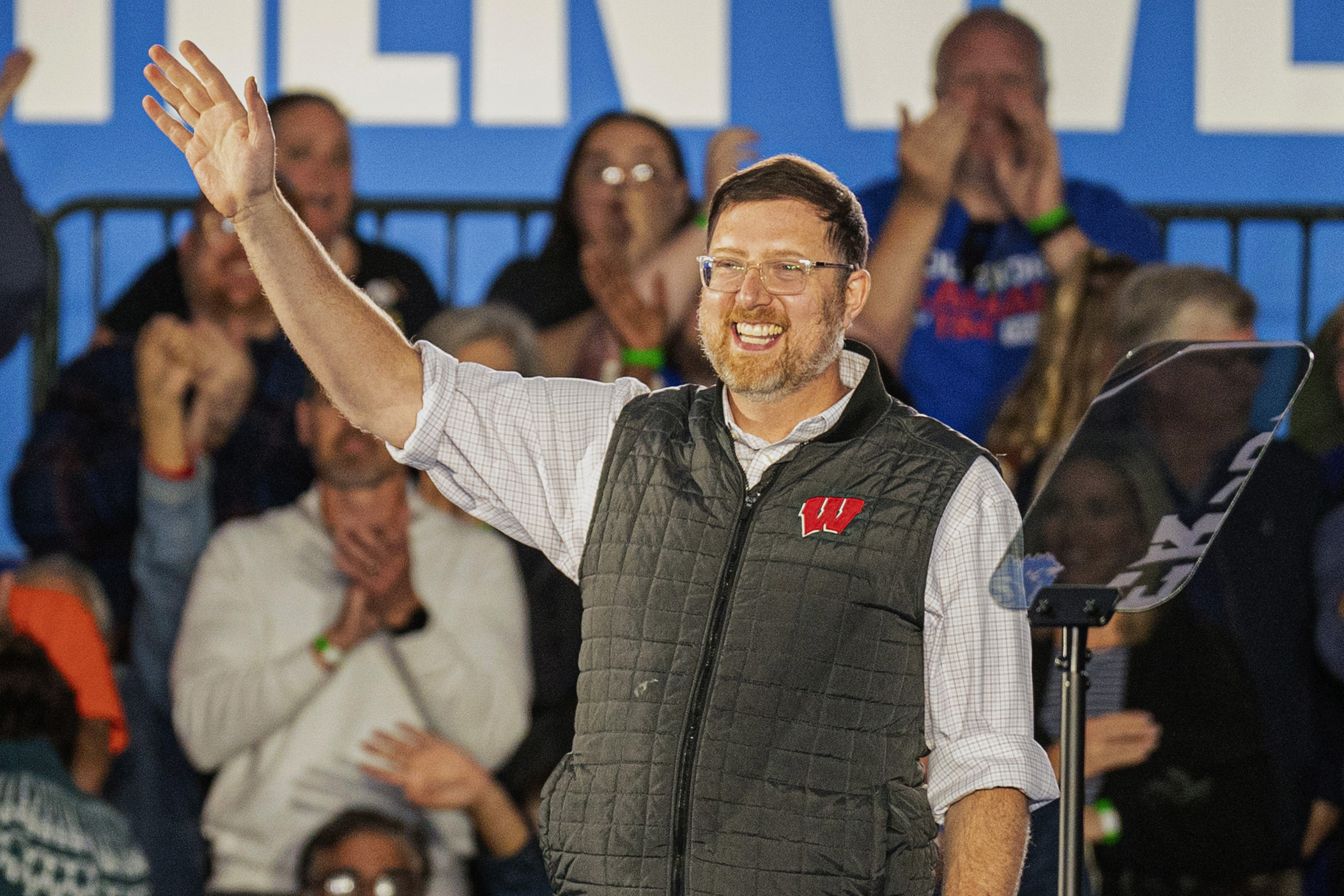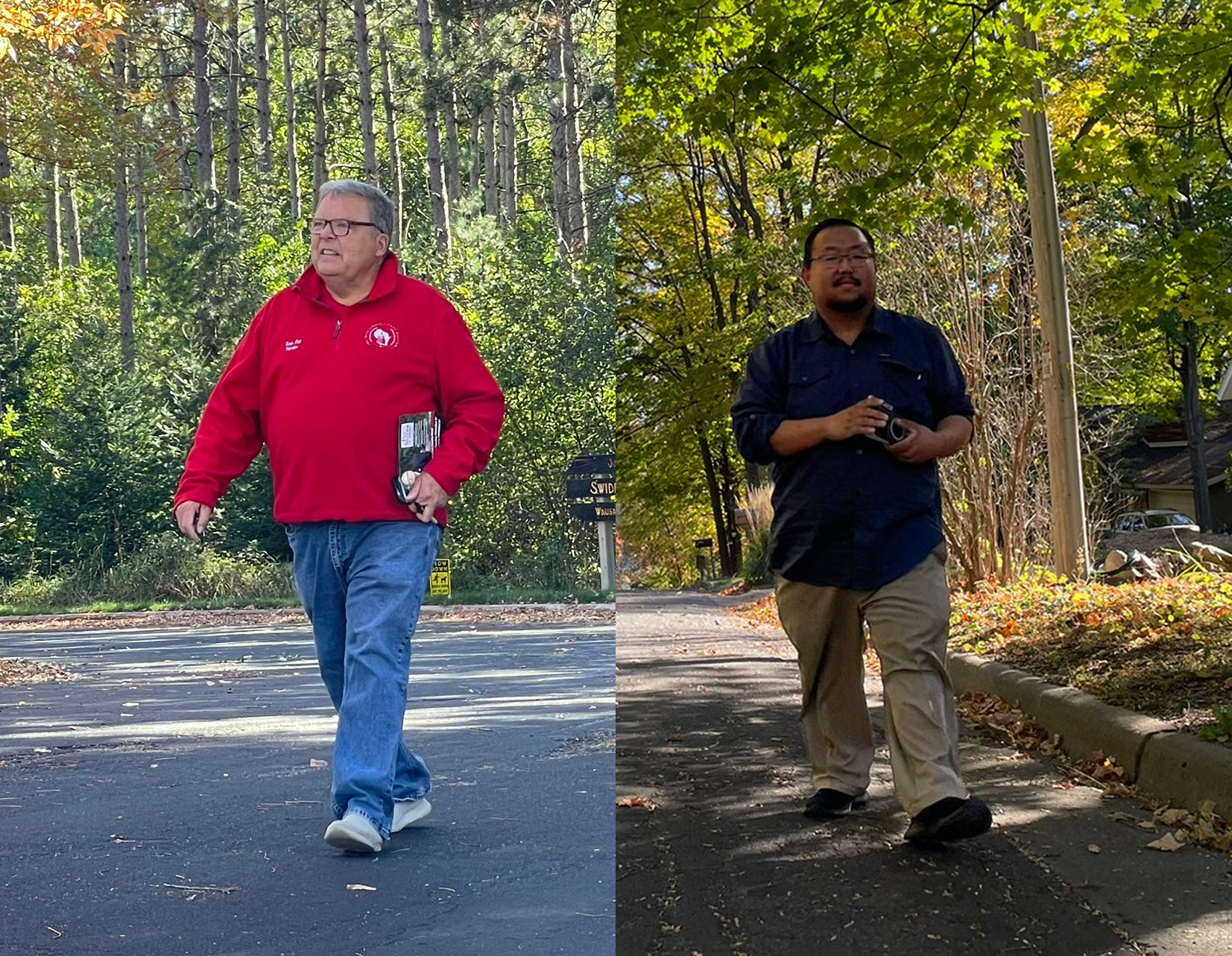Two candidates from western Wisconsin have announced bids to run against Republican Gov. Scott Walker in next year’s, already crowded, gubernatorial election. But a state politics expert believes that dilutes the odds of getting a governor from one of the state’s “purple” regions.
There have long been complaints that most of the state’s top gubernatorial contenders seem to come from Madison, Milwaukee, the Fox Valley or the southeastern part of the state. University of Wisconsin-La Crosse Professor Emeritus Joe Heim says many in his region have been wishing for a governor from a less politically polarized part of the state.
He points to the last two presidential elections as proof that western Wisconsin is one of the most politically competitive parts of the state. For example, 11 counties in the region went for former President Barack Obama in the 2012 presidential election but swung hard for President Donald Trump last year.
Stay informed on the latest news
Sign up for WPR’s email newsletter.
“This is kind of a purple area,” Heim said. “If you go back a few years, you’re going to see a lot of switching back and forth.”
Heim said that creates the perception that candidates in western Wisconsin are more likely to be politically moderate and willing to reach across the aisle.
For the first time in years, the governor’s race includes not one, but two candidates from western Wisconsin — both Democrats hoping to unseat Walker. Democratic Rep. Dana Wachs, D-Eau Claire, and Democratic State Sen. Kathleen Vinehout, D-Alma, say they’re the ones who can turn the state around. But political experts like Heim say having two candidates from the same region may be too much of a good thing for those hoping to see a governor from the western part of the state.
“If you got two candidates from western Wisconsin, absolutely it hurts them in a sense of running against a Milwaukeean or a Dane County Democrat,” said Heim.
Heim also questions whether having two democratic lawmakers, who are up for re-election next year, running for governor at the same time will cost the party seats. Vinehout has announced she will not seek a fourth term representing the 31st State Senate District. To date, Wachs hasn’t said whether he’d run for his 91st Assembly seat next year.
This leaves the 31st Senate District wide open, said Heim, because the seat has flipped from Democratic to Republican over the years.
While Vinehout won re-election since 2006, it was never by more than 5 percentage points.
So far the only candidate in the running for the 31st Senate seat is Republican dairy farmer Mel Pittman of Plum City, who lost to Vinehout in 2014. Eau Claire City Council member and former Vinehout campaign Chairman Andrew Werthman said he’s considering a run but hasn’t made a decision yet.
No matter which Democrat steps up to the plate, Heim said it’s going to be a close race.
“Anybody would have to assume that Kathleen Vinehout’s district is up for grabs, and I don’t think anybody can predict that one at this point,” Heim said.
As to the chances of a Democrat becoming the top executive of Wisconsin, Heim said the fact that there are eight democratic candidates running against Walker shows the party feels next year could be fertile ground for an upset.
Wisconsin Public Radio, © Copyright 2025, Board of Regents of the University of Wisconsin System and Wisconsin Educational Communications Board.
